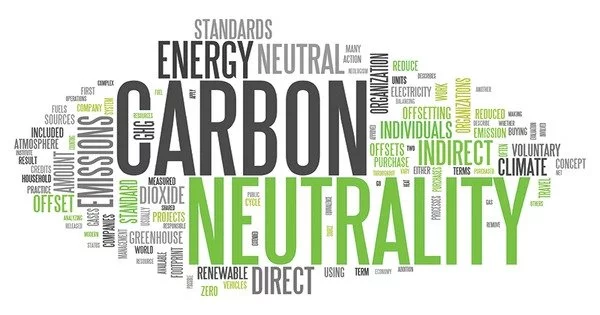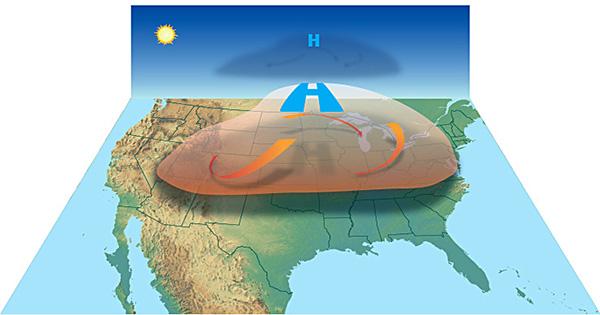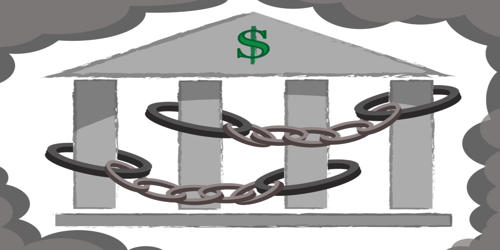A carbon-neutral economy refers to an economic system that does not produce a net release of carbon dioxide or other greenhouse gases into the atmosphere. Such an economy would be sustainable and in line with efforts to combat climate change. This means that any carbon emissions that are produced are offset by an equivalent amount of carbon reduction or removal, so that the overall impact on the environment is neutral.
In practice, achieving a carbon-neutral economy would involve reducing greenhouse gas emissions as much as possible through the use of renewable energy sources, energy-efficient technologies, and other measures. Any remaining emissions could then be offset through actions such as carbon capture and storage, reforestation, and other forms of carbon sequestration.
Carbon neutrality refers to a balance between carbon emissions and carbon absorption from the atmosphere in carbon sinks. Carbon sequestration is the process of removing carbon dioxide from the atmosphere and storing it. To achieve net zero emissions, all global greenhouse gas (GHG) emissions must be balanced by carbon sequestration. This can be accomplished by balancing carbon dioxide emissions with removal (often through carbon offsetting) or by eliminating emissions from society (the transition to the “post-carbon economy”). The term refers to carbon dioxide-emitting processes associated with transportation, energy production, agriculture, and industry.
To achieve a carbon-neutral economy, it is necessary to reduce emissions of carbon dioxide and other greenhouse gases from human activities such as burning fossil fuels for energy, industrial processes, and transportation. This can be done through a combination of measures including transitioning to renewable energy sources, increasing energy efficiency, reducing waste, and promoting sustainable land use practices.
The transition to a carbon-neutral economy would require significant changes in the way we produce and consume energy, as well as in many other areas of economic activity. This would likely involve a shift away from fossil fuels and towards renewable energy sources such as solar, wind, and hydro power, as well as increased investment in energy-efficient buildings, transportation, and manufacturing.
Many countries and businesses around the world have set targets to achieve a carbon-neutral economy in the coming decades, recognizing the urgent need to address climate change and the economic opportunities that can arise from transitioning to a low-carbon economy.
















